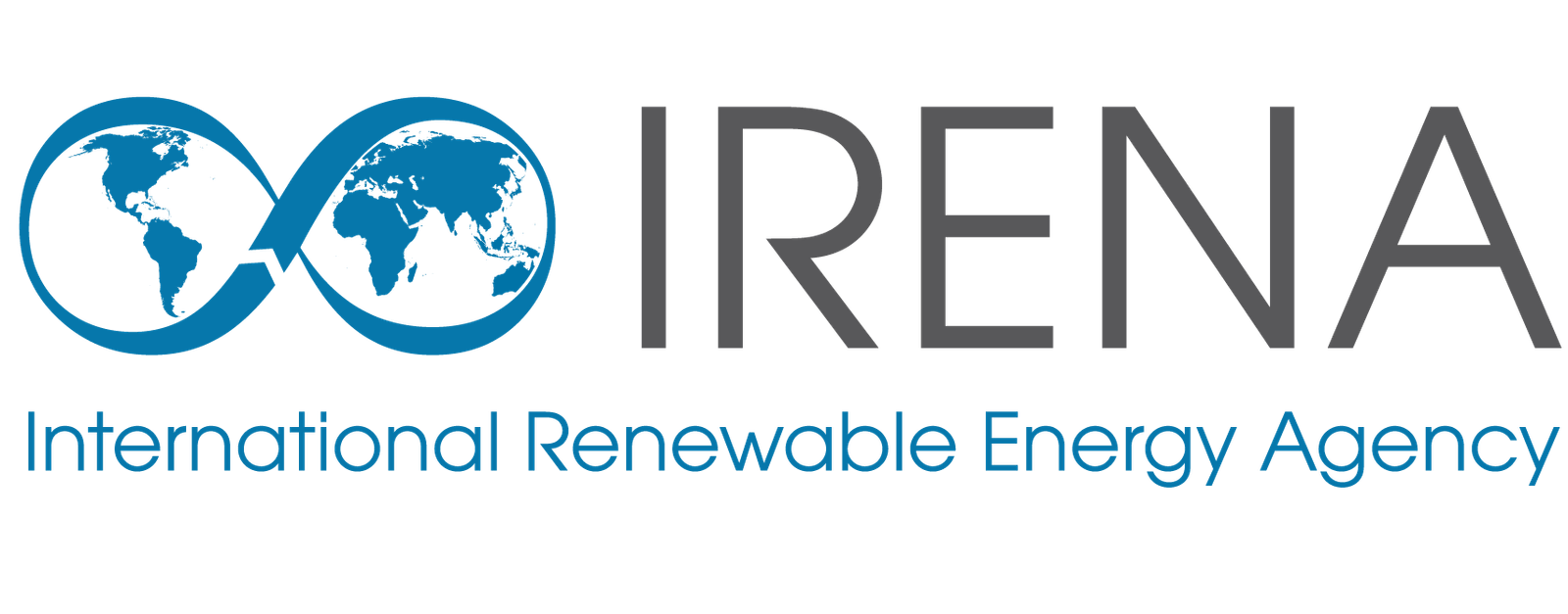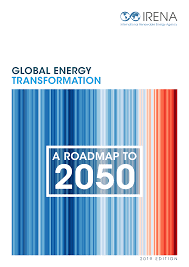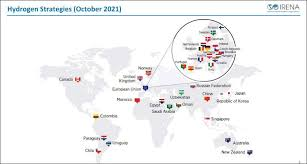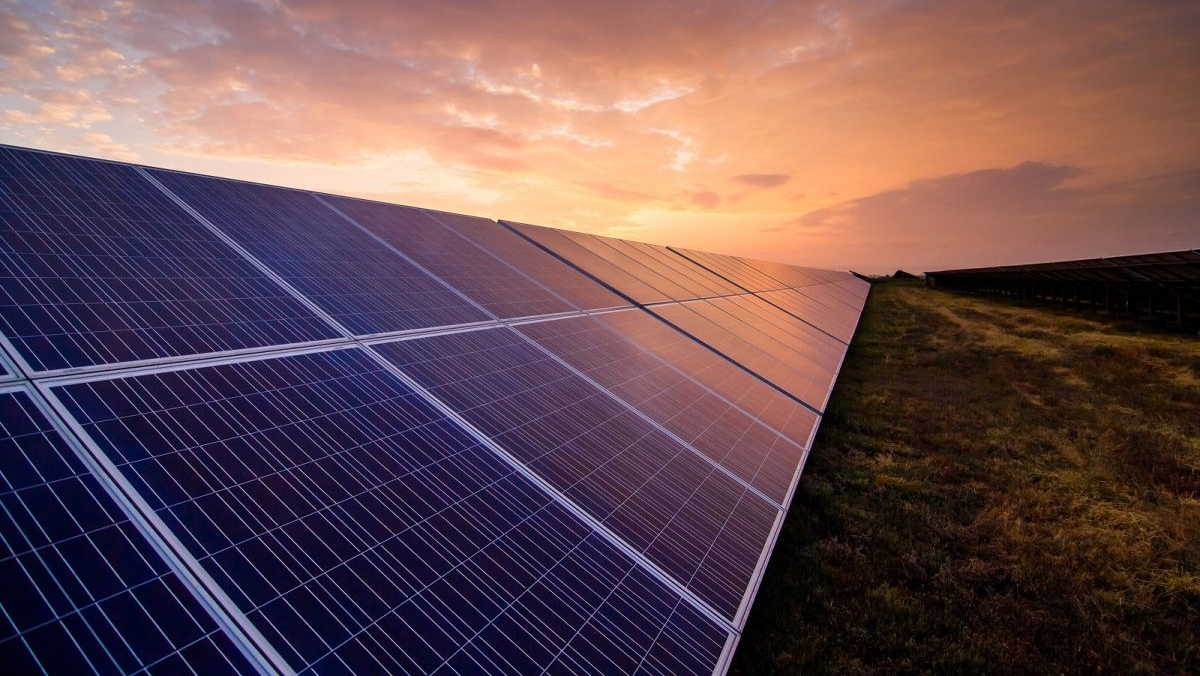Now Reading: IRENA Report Predicts Green Boom Across Middle East by 2050
-
01
IRENA Report Predicts Green Boom Across Middle East by 2050
IRENA Report Predicts Green Boom Across Middle East by 2050

Table of Contents
The International Renewable Energy Agency (IRENA) has released a groundbreaking report on the Middle East’s renewable energy transition, spotlighting the region’s massive potential to become a global leader in clean energy. The 2025 edition of the report highlights that strategic investments, favorable policies, and abundant solar and wind resources are accelerating the region’s shift away from fossil fuels.
As the world tackles climate change and energy security challenges, the Middle East — long known for its oil reserves — is charting a new course. Countries such as the United Arab Emirates (UAE), Saudi Arabia, and Oman are investing billions of dollars in solar parks, green hydrogen, and wind power.
Key Findings from the IRENA Middle East Report

IRENA’s latest report focuses on progress, opportunities, and challenges in achieving net-zero emissions across the region. The key takeaways include:
- Massive Renewable Energy Potential: The Middle East has some of the best solar and wind resources in the world. IRENA estimates that the region could generate over 80% of its electricity from renewables by 2050.
- Cost-Effective Energy Transition: Due to falling costs in solar photovoltaic (PV) and wind technologies, renewable energy is now cheaper than fossil fuels in many countries. The report shows that solar energy prices have fallen by over 80% in the last decade.
- Green Hydrogen Hub: The Middle East could become a global exporter of green hydrogen, thanks to low renewable energy costs and existing infrastructure. Projects in Saudi Arabia’s NEOM, Oman’s Duqm, and the UAE are positioning the region as a hydrogen powerhouse.
- Energy Storage and Grid Modernization: IRENA emphasizes the need for smart grids and battery storage systems to manage intermittent renewable power. The region is expected to invest over $60 billion in grid infrastructure by 2030.
- Economic Diversification & Job Creation: The clean energy shift is also an economic opportunity. The report predicts that renewable energy jobs in the Middle East will rise from 240,000 in 2023 to over 1 million by 2050.
UAE and Saudi Arabia Lead the Charge
The United Arab Emirates, through initiatives like Masdar and the Mohammed bin Rashid Al Maktoum Solar Park, is setting ambitious clean energy goals. By 2030, the UAE aims to generate 50% of its electricity from clean sources.
Saudi Arabia’s Vision 2030 is equally bold. The country launched its Saudi Green Initiative, which aims to plant 10 billion trees and generate 50% of power from renewables by the end of the decade. Its NEOM city project includes a $5 billion green hydrogen plant, one of the largest in the world.
IRENA notes that both countries are not just deploying renewable projects at scale but are also attracting foreign investments, building regional partnerships, and promoting innovation in clean tech.
Challenges to Overcome
Despite impressive progress, the report outlines a few hurdles:
- Fossil Fuel Subsidies: Many Middle Eastern countries still have high subsidies for oil and gas, which makes renewables less competitive in domestic markets.
- Water Scarcity: Large-scale solar and hydrogen projects often require significant water resources. Finding sustainable water solutions remains key.
- Policy Gaps: Not all countries have comprehensive energy transition policies. IRENA urges stronger governance, updated regulations, and better integration between public and private sectors.
- Geopolitical Tensions: Conflicts and instability in parts of the region could disrupt investment flows and project execution.
Why This Report Matters
The Middle East plays a dual role in the global energy equation — as both a major oil exporter and an emerging renewable leader. IRENA’s report is a clear signal to policymakers, investors, and the global community that the region is serious about tackling climate change.
IRENA’s Director-General Francesco La Camera said, “The energy transition in the Middle East is not a distant dream. It is already happening. The region has everything needed — resources, technology, and ambition — to lead the global clean energy future.”
With global emissions needing to drop sharply by 2030 to meet climate goals, the Middle East’s transformation could inspire similar efforts in other resource-rich regions.
Opportunities for the Private Sector

The report highlights increased collaboration between governments and the private sector, especially in financing and innovation. Major international players like ACWA Power, Siemens Energy, TotalEnergies, and ENGIE are already involved in multiple regional projects.
IRENA encourages more public-private partnerships, green finance initiatives, and cross-border electricity trading to fast-track progress. The agency also supports the development of training programs to equip local workers with green skills.
The Road Ahead
Looking forward, IRENA calls for:
- Clear long-term energy transition strategies in every country.
- Stronger regional cooperation, especially in electricity interconnection and hydrogen trading.
- Continued reduction of fossil fuel subsidies to level the playing field.
- Innovation in desalination and water-efficient technologies for sustainable green hydrogen.
The report concludes with a powerful message: the Middle East can turn its energy legacy into a clean energy future — but it must act quickly and decisively.
Read More:- Deyaar’s Latest Announcement Shakes Up the UAE Property Market





















